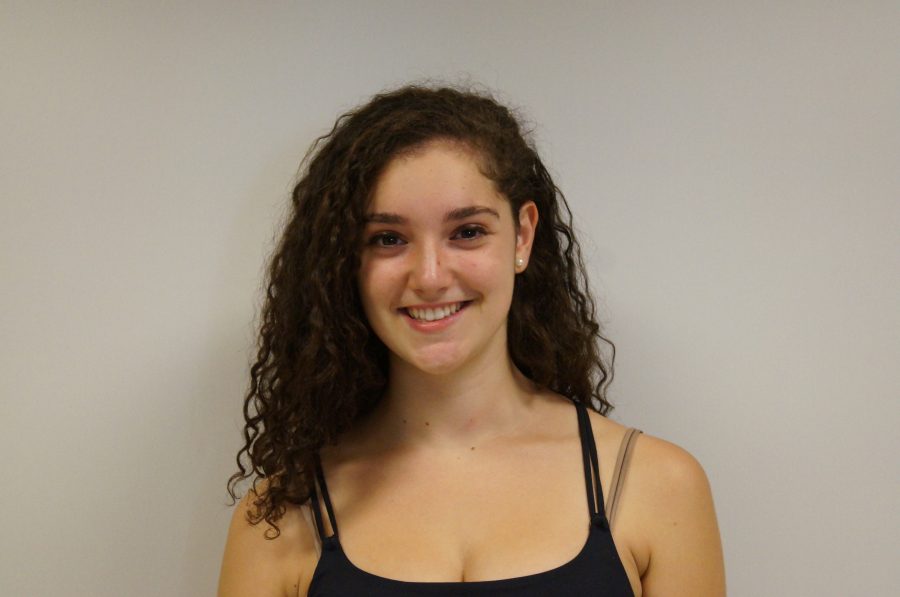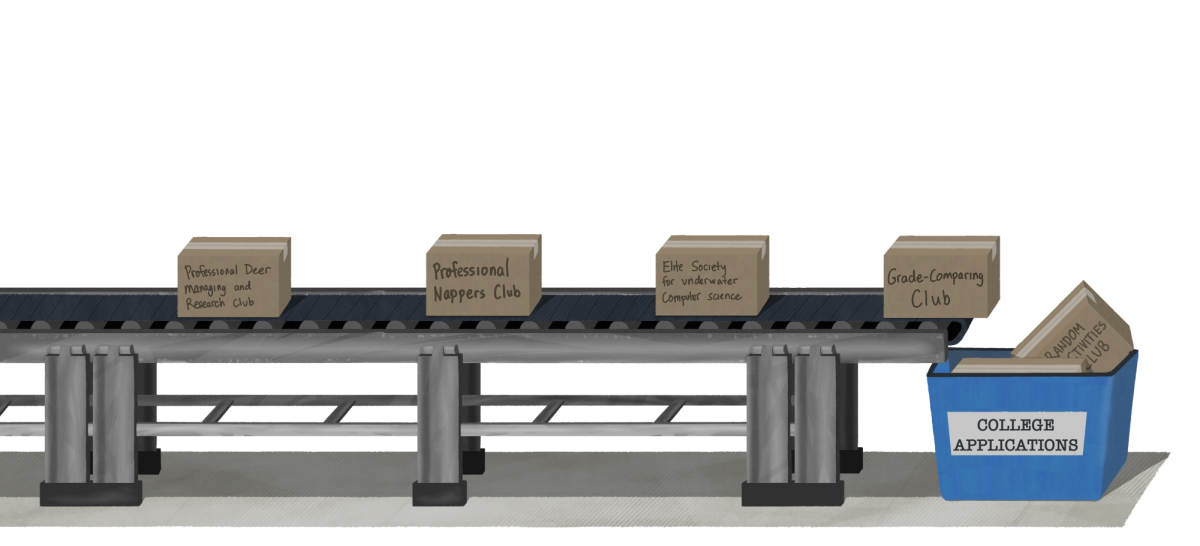This year, as I opened up my Infinite Campus at precisely 8 p.m., I would be lying if I said I wasn’t panicking. I couldn’t help but feel that if I was stuck with a bad schedule for senior year, there would be little I could do to change it. I’m not the only student who feels this way, and that means something needs to change. A sense of helplessness is not a good feeling to have when it comes to something crucial like your schedule. This stress is perpetuated by Gunn’s scheduling system, which fails to accommodate a student’s learning needs. Although I realize the struggle of making an efficient scheduling system for 2000 students, Gunn needs a better system that gives students a say in their schedules instead of dismissing legitimate concerns such as incompatible teachers or class periods.
The first problem that should be addressed is the fact that we have little say in the structure of our schedule. We pick out the classes we want on Infinite Campus, but that’s it. For example, if you’re the kind of person who works better in the morning and wants their more difficult classes earlier in the day, you have no say in the matter. Whether or not you get an A or E period math class is left completely up to chance, and if by some cruel twist of fate you end up with an F or G period slot, have fun explaining to your counselor why you deserve to be moved to a different period over the other panicked students.
Perhaps the main reason for Gunn’s inefficient scheduling system is the fact that we cannot switch out of a class because of a teacher. As someone whose family moved to Palo Alto so that I could receive a better education, I find this offensive. I don’t think that wanting to get the most out of your education should be discouraged. If a student wants to place particular emphasis on a certain class and wants to switch to a teacher who will help him learn more effectively, there is nothing wrong with that. In fact, it should be seen as a positive thing, since, as a public school, Gunn’s main goal is to promote a passion for learning. By not letting students pick out the teachers they want in classes that are important to them, the scheduling system may be indirectly diverting students away from their interests. Not allowing students to switch out of classes because of specific teachers does neither student nor teacher any good, for the student will probably be bitter about being forced to remain in that class, and the respect that is vital for a teacher-student relationship will be impossible to attain.
A simple solution to the problems with our scheduling system would be to incorporate a college system, in which students drag and drop the classes with the teachers they want to form their own schedule. Priority for picking classes can be based on grade level (seniors first), and as classes fill up, students can’t drag them anymore. Of course the system would have some problems, but overall, the system would be much more efficient and yield much happier students. Also, if a student doesn’t get the optimal schedule with the drag-and-drop system, they’d have nobody to blame but themselves.
Overall, the Gunn scheduling system definitely has room for improvement. In the future, Gunn should work on trying to make concerns such as individual teachers and specific periods more easily alterable.
—Kozakevich, a senior, is a Forum Editor.












